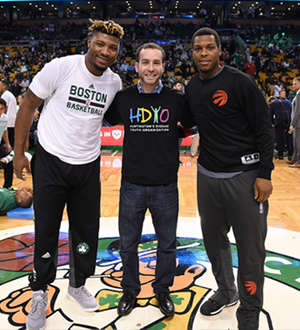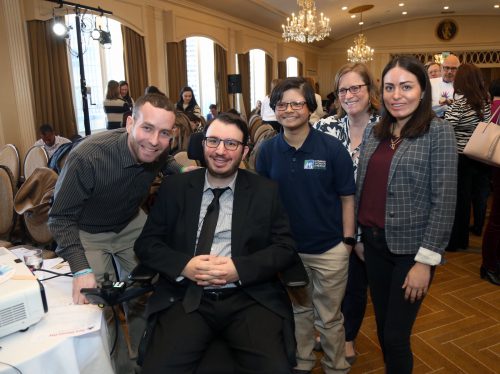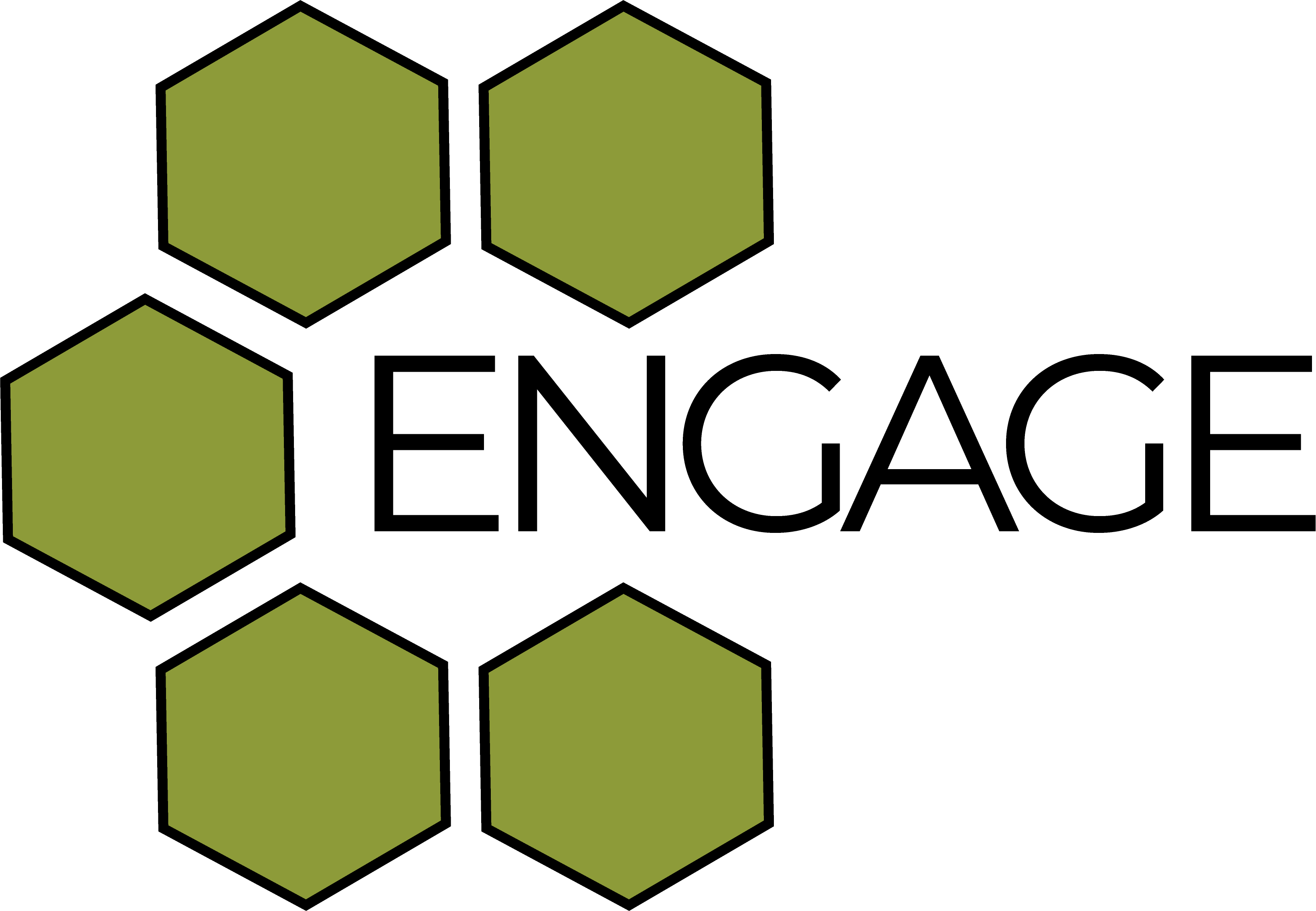Seth Rotberg
Sometimes just being a teenager causes a flood of emotions, worries and concerns. Will I be popular? Will I be teased? Will I find friends? Will I have the right clothes/shoes/backpack/haircut? Will I be able to make the grades or have the money to attend college? No matter to which generation you belong, there are universal feelings of angst, embarrassment, societal pressures and worry about both life at your high school and the global environment beyond. Now, take all of that stress and add to it having a mother who has yet to receive a diagnosis for her rare disease, a disease which causes her to display a bevy of physical and cognitive symptoms that might be mistaken for drunkenness or mental illness. This is what happened to Seth Rotberg, who was just 15 years old when his mother was first diagnosed with Huntington’s Disease.
As Seth explains about Huntington’s, it is a fatal genetic disorder that deteriorates a person’s physical and mental abilities and has no cure. Huntington’s symptoms are often described as having Amyotrophic Lateral Sclerosis (ALS or Lou Gehrig’s Disease), Parkinson’s and Alzheimer’s – SIMULTANEOUSLY! When his mom’s symptoms were finally diagnosed, Seth experienced a mix of emotions, from relief at knowing his mom’s disease, to worry about ongoing societal judgement due to those symptoms, to feeling intimidated by the medical community, the progression of the disease and the ultimate fatal outcome. Add to that the worry that as her son, he stood a 50-50 chance of inheriting Huntington’s Disease, and it’s easy to understand how Seth may have chosen to walk away from his new reality.

Instead, Seth got to work on “Dr. Google”, using the internet to search for more information about Huntington’s and engage in AOL Chat Rooms (like an early version of Facebook Messenger, WhatsApp and similar online groups) to build connections within the Huntington’s Disease community. As he moved from high school to college, it was his family’s struggle with rare disease as well as other personal experiences that led to his profound discovery of how he wanted to live his life.
In the decade following his mother’s initial diagnosis, he lost two friends – one perished in an off-campus fire, another lost her battle with the juvenile version of Huntington’s at age 26. These tragedies made him realize two things – he should start living for the moment, and that anything can happen at any time. So, he took his personal experience with rare disease and put it to use to create Our Odyssey. Our Odyssey is a nonprofit organization dedicated to connecting young adults impacted by a rare or chronic condition with social and emotional support in the hope of improving their quality of life.
According to Seth, some of the biggest challenges of founding a nonprofit like Our Odyssey have been finding the right support, reaching young adults) where they are, becoming financially sustainable and avoiding what he calls “mission drifting.” His organization avoids some of these pitfalls by finding great partners, developing relationships with larger and more established organizations such as NORD, Global Genes, and Child Neurology Foundation and constant contact and assessment of the needs of the target community, the 18–35-year-old demographic.
For Seth personally, one of the biggest frustrations of living with a genetic rare disease for which he tested positive but remains largely asymptomatic is the lack of ability to participate in clinical trials. As Seth has no physical diagnosis yet, it precludes him from participating in clinical trials that he believes are critical to advancing knowledge and understanding about Huntington’s.

One way he’s trying to overcome this exclusion is by working with Huntington’s Disease researchers and specialists to try to identify additional biomarkers for Huntington’s, whether they be cognitive or behavioral. He hopes this will lead to inclusion in the existing clinical trials, or at least drive more activity around development of additional clinical trials and drug therapies.
One of the philosophies he’s developed and applies to both his personal Huntington’s journey as well as his work supporting young adults living with rare and chronic conditions is the credo “Hope into urgency!” Hope is one of those buzzwords tossed about frequently in the rare disease world. We can all remain hopeful that more and better research will lead to breakthroughs for the millions of Americans with rare diseases, but it is urgency that gets things done, gets new clinical trials started, connects researchers, patients, hospitals, major donors and industry.
As Seth said, a new study can go out to health care providers, but imagine if a rare disease nonprofit could get the study out to their community. Imagine how much faster the community would take action, participate in the study, and drive researchers to feel that sense of urgency.
Each day in his role at Our Odyssey and on his personal journey as both a Huntington’s Disease patient and advocate, Seth is taking hope and escalating it into urgency, and that is what makes him a Rare Disease Difference Maker! For more information, please visit sethrotberg.com or ourodyssey.org.
